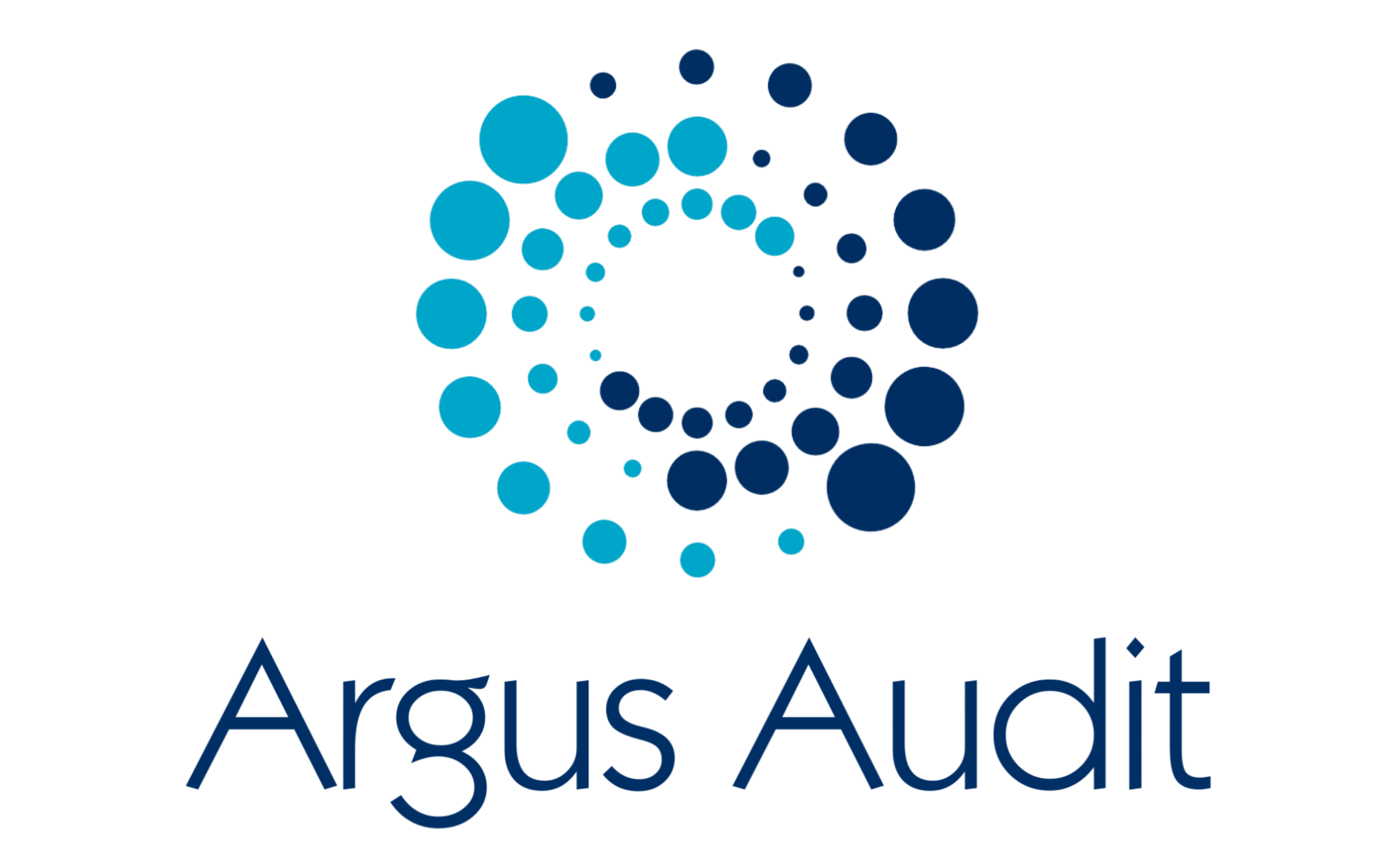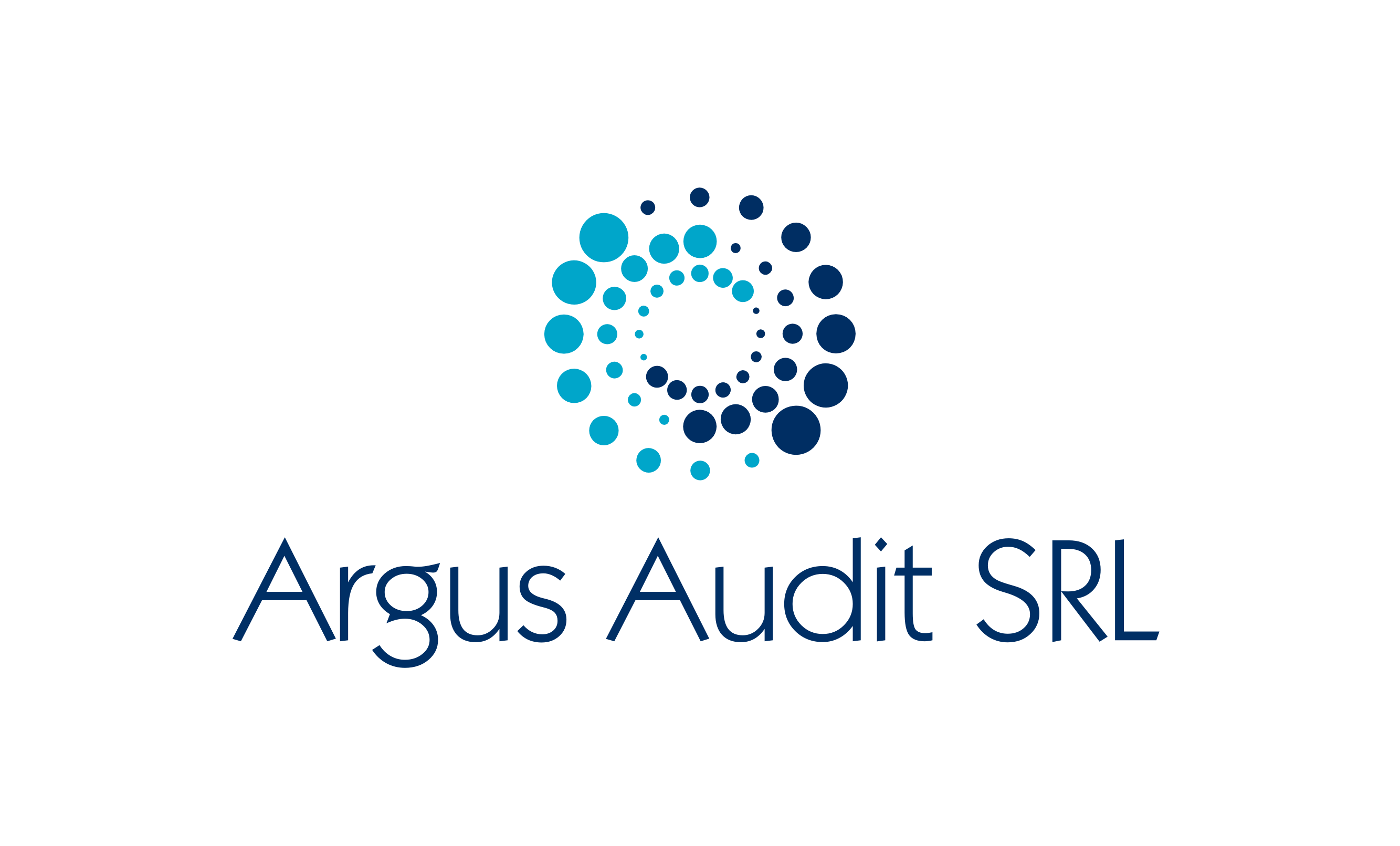This article aims to bring the necessary clarifications useful for all parties involved in transactions with non-residents before their implementation, in order to prevent potential additional costs, fines and penalties that may occur due to non-compliance with
applicable regulations.
Thus, by transactions with non-residents we refer to any type of transaction (purchase / sale of goods / services) with any foreign legal entity, any non-resident natural person or any other foreign entity that is not registered in Romania.
For a better understanding, we will analyse structured on types of transactions, as follows:
1. Intra-Community Acquisition of goods:
Any company has the right to make intra-community acquisitions of goods with a value of less than 10,000 euros (34,000 lei) annually, without being registered for VAT purposes. Further reaching this ceiling, the entity has the obligation to register for VAT purposes and to apply the “reverse charge” system. In order to apply the “reverse charge” system, you must be in possession of the fiscal invoice issued by the supplier, including all the obligatory elements mentioned by the Fiscal Code, as well as the transport proof (CMR) from one country to another.
Attention:
The acquisition of goods exceeding 10,000 euros per year without prior registration for VAT purposes may result in the imposition of fines from 1,000 lei to 5,000 lei for legal entities included in the category of medium and large taxpayers and a fine from 500 lei to 1,000 lei, for the other legal entities for each declaration not submitted within the legal term, as well as of some penalties and increases of delay in declaring and payment.
2. Intra-community Acquisition of services:
For the procurement of services, before receiving intra-community services any company must be registered for VAT purposes.
Attention:
Otherwise, it can bear the risk mentioned above, to pay fines from 1,000 lei to 5,000 lei for legal entities included in the category of medium and large taxpayers and with a fine from 500 lei to 1,000 lei, for other legal entities for each tax return not submitted within the legal term, as well as penalties and increases for delay in declaration and payment.
At the same time, because the services are more difficult to proven as performed, it is important for the company to have all the necessary documents to document the respective rendering of services:
- the existence of the contract between the two parties;
- the fiscal invoice containing all the obligatory elements mentioned by the Fiscal Code;
- reports and annexes of the invoice detailing the services provided.
If the external supplier provides services on the Romanian territory, the Romanian company is obliged to submit to the fiscal authorities the form 017 “Declaration of registration of contracts / documents justifying the actual performance of services on the Romanian territory, initial / additional (related), concluded with foreign legal persons or non – resident natural persons”.
Attention:
Lack of submission will attract for the company a fine from 1,000 lei to 5,000 lei for the legal persons included in the category of medium and large taxpayers and from 500 lei to 1,000 lei, for the other legal persons.
The services for which there is an obligation to submit the form 017 are those of the nature of construction works, assembly, supervision activities, consulting activities, technical assistance and any other services.
As the declaration is completed and submitted for each contract or document that justifies the actual performance of services performed on the Romanian territory, within 30 days from the date of concluding the contracts or from the date of issuing any documents provided by law, we recommend informing the finance department/ the accounting service provider about the signing of these contracts as soon as possible.
Also, the external suppliers must be properly informed that the performance of services on the Romanian territory can generate permanent establishment in Romania, under certain conditions and can give the right to the Romanian fiscal authorities to request related the.
According to the Fiscal Code, non-residents who obtain taxable income from Romania have the obligation to pay tax for this income also in Romania.
The standard rate applicable in relation to the taxation of incomes obtained by non-residents from the performance of services is 16%.
Non-resident companies are as follows:
- 5% for dividend income;
- 16% in case of any other taxable income obtained from Romania;
- For payments made by Romanian entities to bank accounts belonging to non-resident companies, opened in countries that have not concluded an information exchange agreement with Romania and only if these payments result from transactions that prove to be artificial, the tax rate applicable is 50%.
Thus, in accordance with the provisions of the Fiscal Code and the double taxation avoidance conventions between Romania and the countries with which the Romanian entity has contractual relations, before making payments the Romanian company must obtain from the non-resident provider a valid tax residence certificate issued by the tax authority of the partner’s country of residence. This will enable to apply the most favorable tax rate between the Romanian legislation and the Double Taxation Avoidance Convention or EU Directives.
In the absence of this certificate, the Romanian company will apply the provisions of the Fiscal Code in order to tax the partner’s income, considering the net effective payment to the non-resident provider. If the invoiced amount has been paid in full, without withholding tax on the income of non-residents, the system of gross-up percentage system will be applied accordingly. To understand this system of gross-up percentage system, we consider that relevant the presentation of a practical example.
Considering that a Greek company provides consulting services to a Romanian company for 1,000 euros, we have two possible tax options:
– If the Romanian company obtains before the payment of the service the tax residence certificate from the supplier, then the most favorable tax rate will be applied between the Fiscal Code (16%) and the Double Taxation Avoidance Agreement between Romania and Greece (0%), the company being exempted from paying the tax;
– If the Romanian company does not obtain the tax residence certificate from the supplier before making the payment for the service and decides to pay the supplier’s bill in full, then it will apply for the tax calculation the gross-up system which means that it will declare and pay to the Romanian state 190 euros (1,000 euros * 16% /84%).
Additionally, for the companies paying profit tax, the withholding tax not withheld represents not-allowed expenses when calculating the profit tax. Considering all the arguments mentioned above, we emphasize the importance of obtaining the fiscal residence certificate from the external partners before making the payments for the services provided by non-residents.
3. Deliveries of goods to non-residents:
The tax exemption for intra-Community supplies of goods is justified on the basis of the following documents:
a) the invoice which has to include the registration code for VAT purposes assigned to the buyer in another Member State;
b) the document attesting that the goods were transported from Romania to another member state; and, where appropriate,c) any other documents, such as: the contract / order of sale / purchase, the insurance documents.
This topic has already been extensively presented by us in a previous article, which is why we will not resume the information here. (please visit www.argusaudit.ro )
4. Provision of services to non-residents:
The tax exemption for intra-Community services is justified on the basis of the following documents:
a) contract with the partner;
b) the invoice in which the registration code for VAT purposes assigned to the buyer in another Member State must be mentioned;
c) activity report to support the provision of the service.
The transactions with non-residents with goods and services generates fiscal implications at the company level, with a significant impact on cash flow and current results.
A very sensitive aspect, with implications in both direct and indirect taxation, is represented by the transactions with the affiliated parties, which must always respect the principle of arms-length value. We will detail the transactions with the affiliated parties in a future article dedicated to this topic.
We strongly recommend obtaining all documents before carrying out these transactions and a priori consultative dialogue with accounting & tax responsible.


